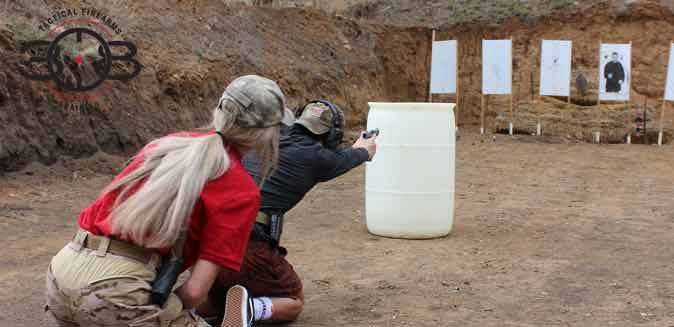We understand the following text might seem obvious to most, but it bears repeating whenever possible.
Firearms are powerful tools that can be used for self-defense, hunting, and recreation. However, they can also be dangerous if not handled properly. That’s why it’s important to learn the basics of firearm safety before you ever touch a gun.
These basic safety rules form the foundation of firearm safety.
- Always Keep the firearm pointed in a safe direction. A “safe direction” is where an accidental discharge of the firearm will not cause injury or damage. Never point a firearm toward yourself or another person.
- Treat all firearms as if they are loaded – at all times. Always assume that a firearm is loaded, even if you think it is not. Every time you handle a firearm, check to see that it is unloaded.
- Always keep the gun unloaded until ready to use.
- Keep your finger off the trigger and outside the trigger guard until you are ready to shoot. This is part of Trigger Discipline.
- Know your target and the area around beyond. Be aware of all the people around you before you shoot. Check in front of and behind your target and verify they are safe before shooting.
- Know how to properly operate your firearm. It is important to become thoroughly familiar with your firearm. You should know its mechanical characteristics including how to properly load, unload and clear a malfunction from your firearm, as well as clean and maintain.
- Store your firearm safely and securely to prevent unauthorized use. Use a safety device on the firearm, such as a trigger lock or cable lock, so it cannot be fired. Store unloaded in a locked container, and in a different location than the ammunition. For maximum safety, use both a locking device and a storage container.
Additional safety rules to follow
- Never handle a firearm when you are in an emotional state such as anger or depression. Your judgment may be impaired.
- Never shoot a firearm in celebration (E.g., Fourth of July or New Year’s Eve). A bullet fired into the air will fall back to the ground with enough speed to cause injury or death.
- Do not shoot at water or hard surfaces. The bullet can ricochet and hit someone or something other than the intended target. Video that demonstrates a bullet bouncing off the water.
- Hand your firearm to someone only after you verify that it is unloaded and the cylinder or action is open. Take a firearm from someone only after you verify that it is unloaded and the cylinder or action is open.
- Firearms, alcohol and drugs don’t mix. Alcohol and drugs can negatively affect judgment as well as physical coordination. Alcohol and any other substance likely to impair normal mental or physical functions should not be used before or while handling firearms. Avoid handling and using your firearm when you are taking medications that cause drowsiness or include a warning to not operate machinery while taking this drug.
- The loud noise from a fired firearm can cause hearing damage, and the debris and hot gas that is often emitted can result in eye injury. Always wear Eyes and Ears when shooting a firearm.
Cleaning your firearm
Regular cleaning is important in order for your gun to operate correctly and safely. Your gun should be cleaned every time that it is used. A gun brought out of prolonged storage should also be cleaned before shooting. Before cleaning, make absolutely sure that it is unloaded. The gun’s action should be open during the cleaning process. Also, be sure that no ammunition is present in the cleaning area.

